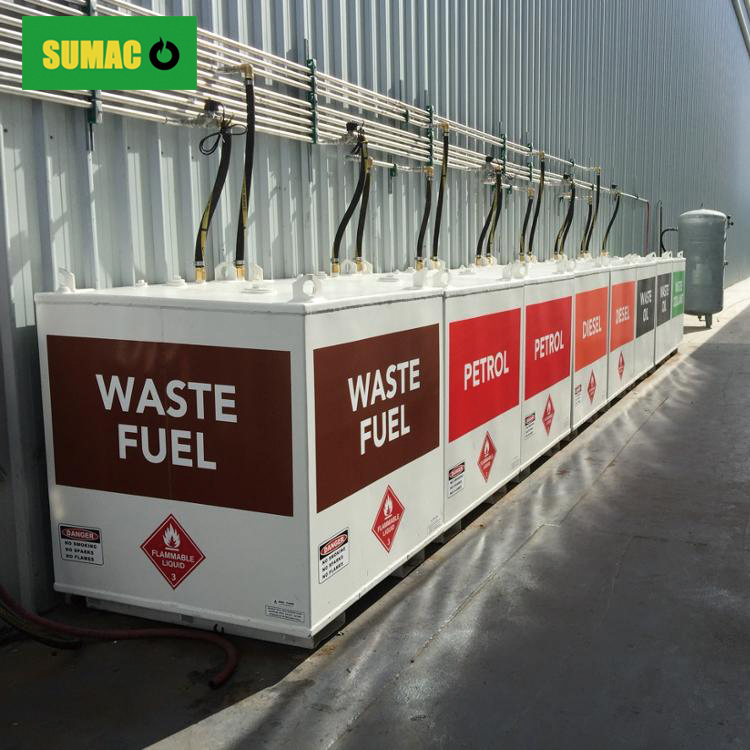German engineers have developed new sensor technologies to reduce the weight and cost of electric vehicles (EVs) and other types of lithium-ion batteries.
Philippe Dorst, a member of the Power Systems and Power Mechatronics Research Group at Ruhr University in Bochum, has developed a new concept for monitoring battery current and voltage, reducing the battery's technical burden , And add new features.
Typically, an EV battery consists of a single battery that can contain up to 12 batteries, each battery being monitored by its own voltage sensor. Sensors are important for monitoring the battery's lithium batteries, and may burn if they overheat or over-work.
In a typical EV battery, there is a current sensor and multiple voltage sensors to do the job, Dost said. "In the EV battery, the sensor is a considerable weight and cost driver."
▲ Electric vehicle batteries may become lighter and cheaper thanks to a team of engineering student Philip Dost (right), under the direction of Professor Konstantinos Sourkounis (left), University of Leuven, Bochum, Germany New sensor technology developed. (Source: Ruhr-Universität Bochum)
To reduce some of this weight, Dost and his colleagues came up with a way to reduce the number of sensors that previous EV batteries needed to monitor current and voltage to one, regardless of how many cells the battery had. The sensor can also provide battery equalization, typically as a separate technical component, in EV batteries. This function ensures that the energy in the battery is redistributed evenly.
Battery equalization is crucial to maintain the maximum energy output of EV batteries, especially when they age, Dost said. Each battery differently reacts during charging and discharging so that some batteries charge more than others at the end of the process. However, once one battery is fully charged, the charging of the other battery is stopped, which may cause the battery to deteriorate if there is an imbalance in the energy distribution. Battery balancing can counteract this process and maintain even lower battery efficiency, he said.
The researchers said the team developed sensor systems that can be expanded into cells with different numbers of cells. It can also be applied to other battery types, such as tablets or laptops, wireless power tools, uninterruptible power systems and solar energy storage systems to reduce their weight and cost and increase battery life.
Dost's colleague Florian Langner developed the prototype of the sensor in his master's dissertation at the University's Institute of Power Systems Technology and Electrical & Mechanical Electrical - which is soon to be commercialized. "Some industrial companies have expressed interest in our innovation," Dost said.
Engineers at Ruhr will continue their efforts to improve technology, evaluate their prototypes more closely, and replace individual components to meet automotive industry requirements, Dost added.
Fuel Storage Tanks are designed to meet international standards for storing hazardous and flammable liquids.
All connections of 1000 Liters Fuel Storage Tank are through the top and the double wall design makes them self bunded, eliminating the chance of leakage into the environment.
The cube design makes 1000L Fuel Oil Storage Tank a practical solution for storing up to 1000 liters each and can be linked together to store larger quantities.
If you need Diesel Fuel Storage Tanks, pls contact SUMAC freely.

1000 Liters Fuel Storage Tank,Diesel Fuel Storage Tanks,Double Wall Oil Storage Tank,1000L Fuel Oil Storage Tank
SUMAC AUTO RECYCLING EQUIPMENT CO., LTD , https://www.autorecyclingchina.com